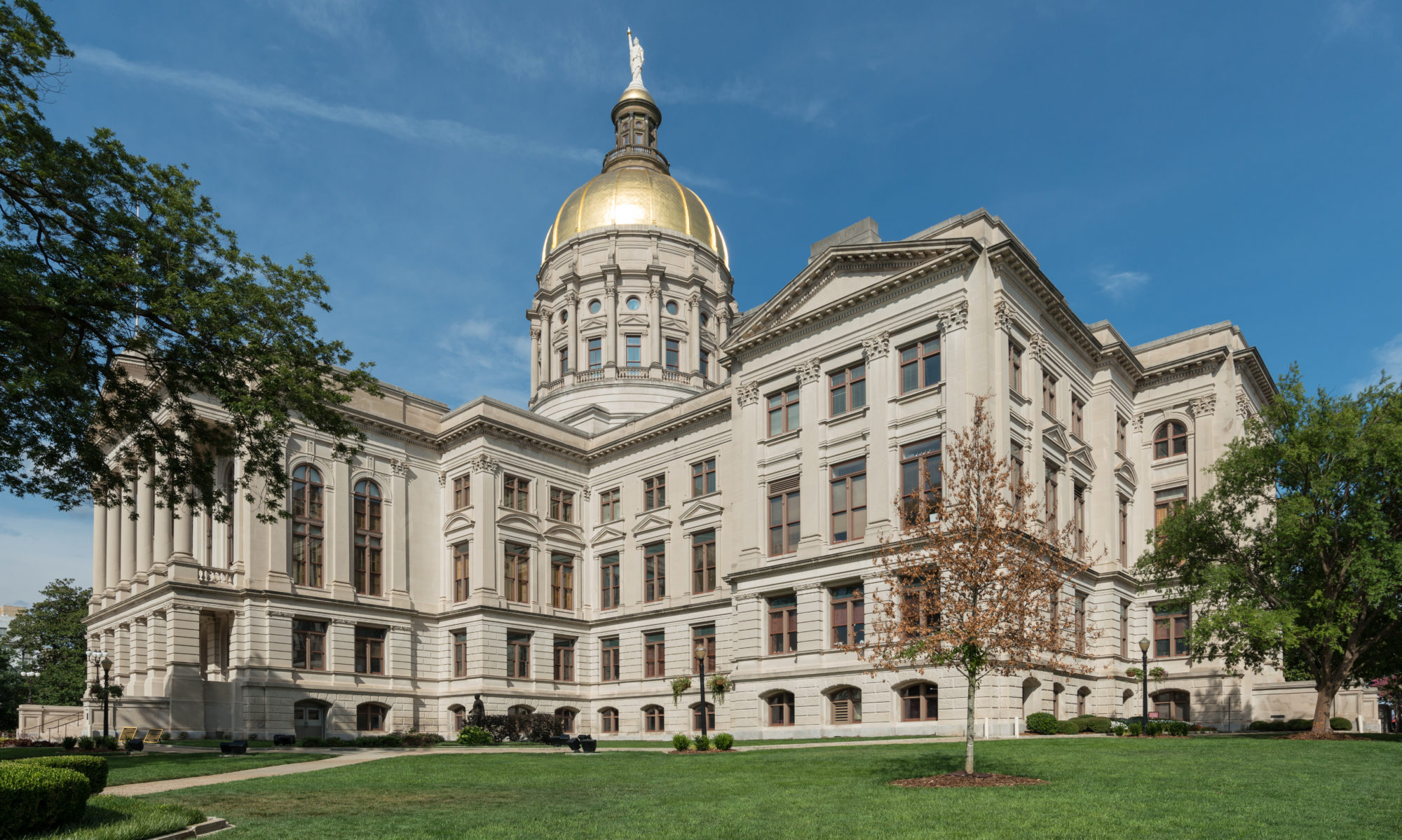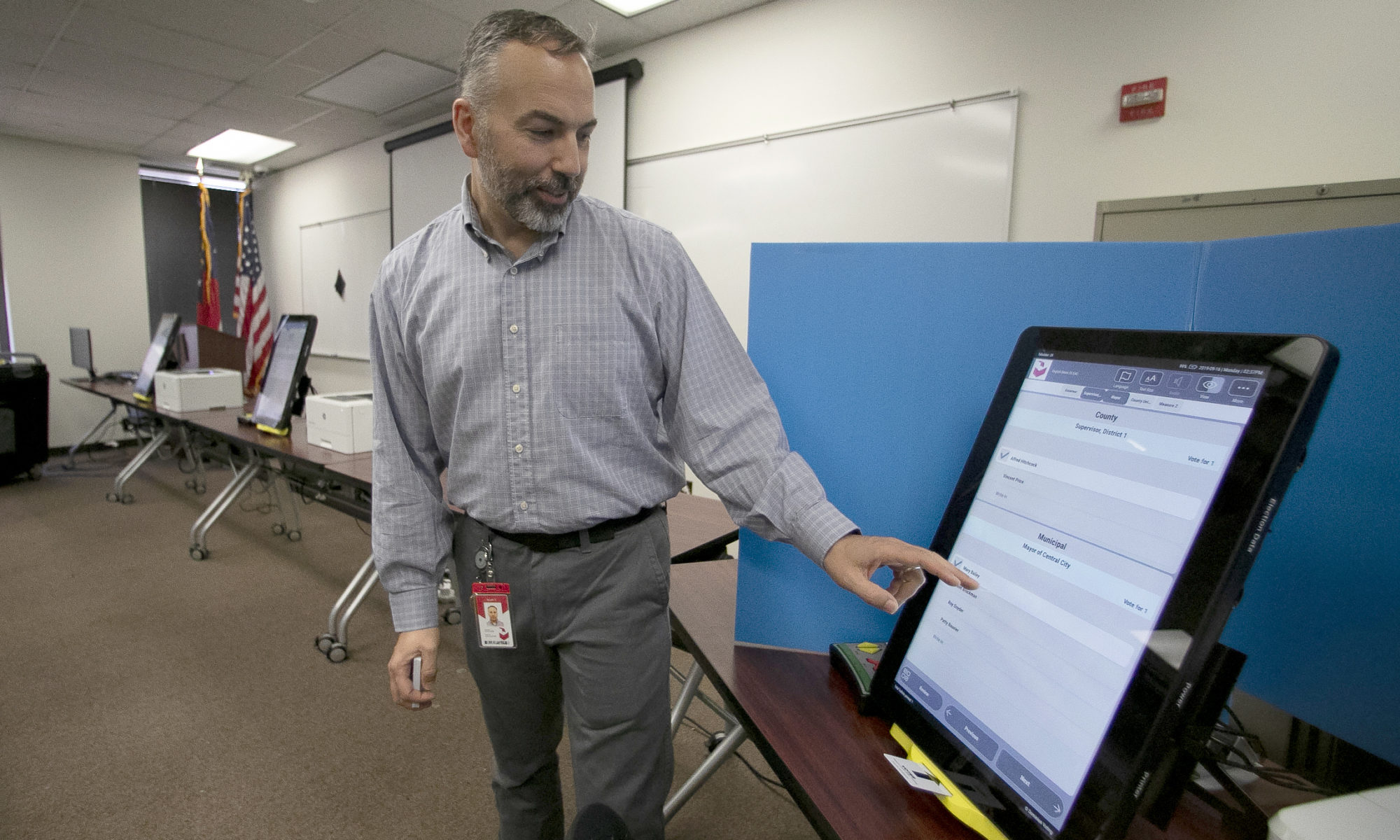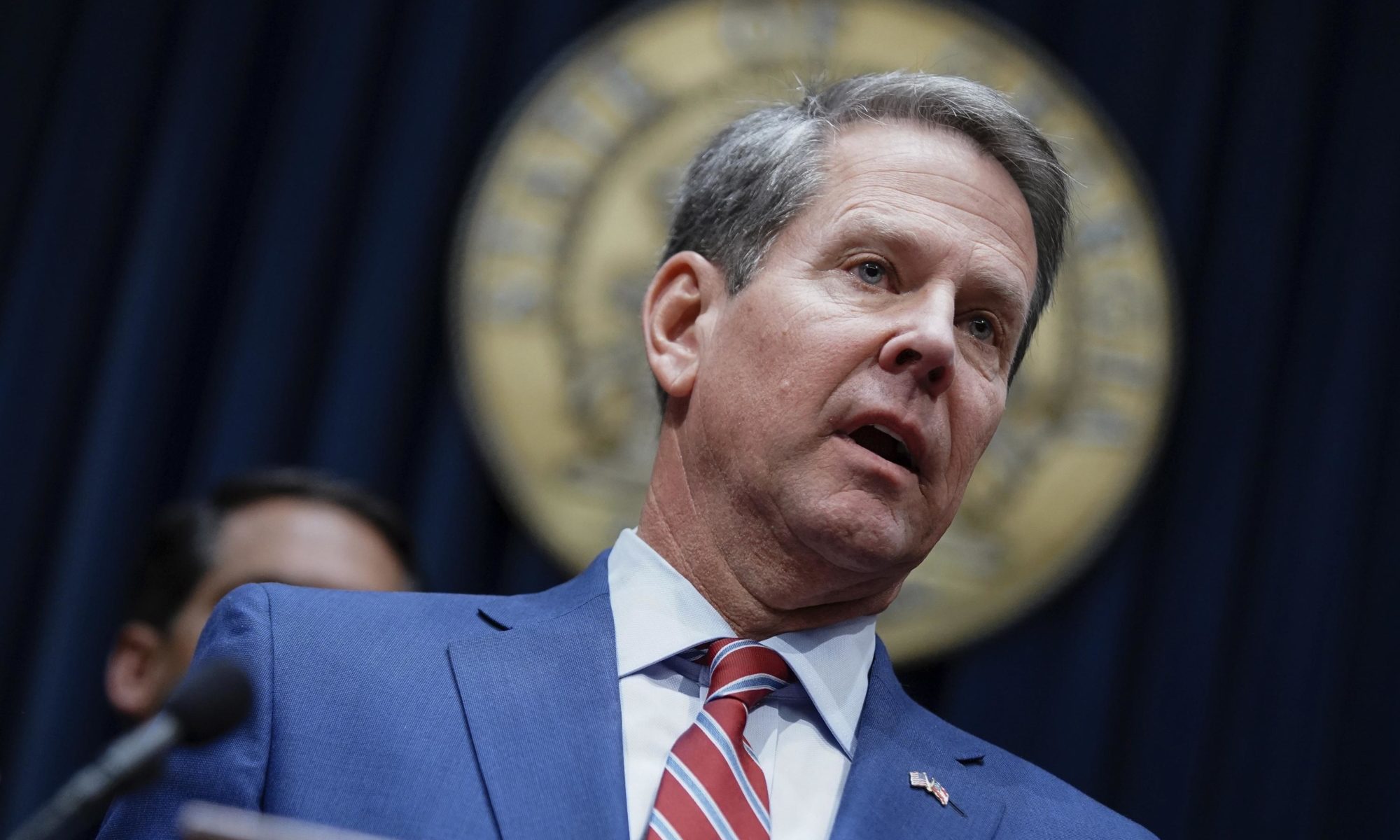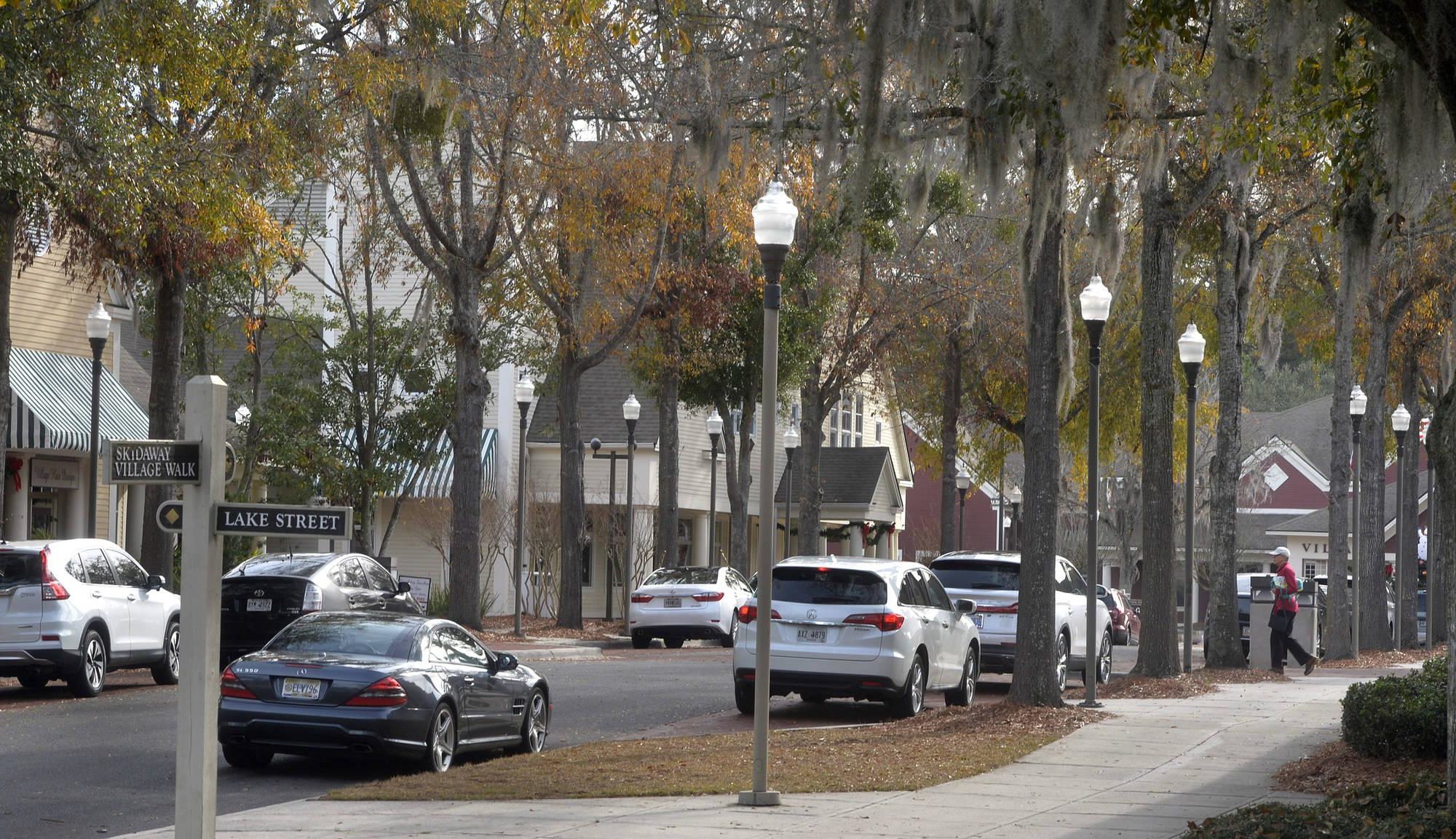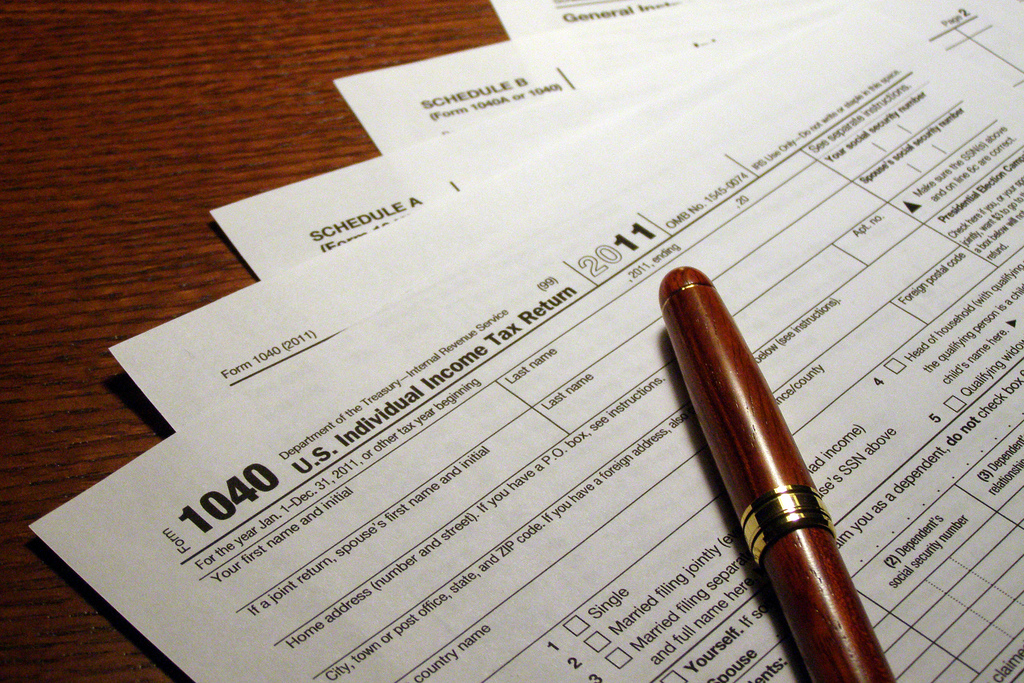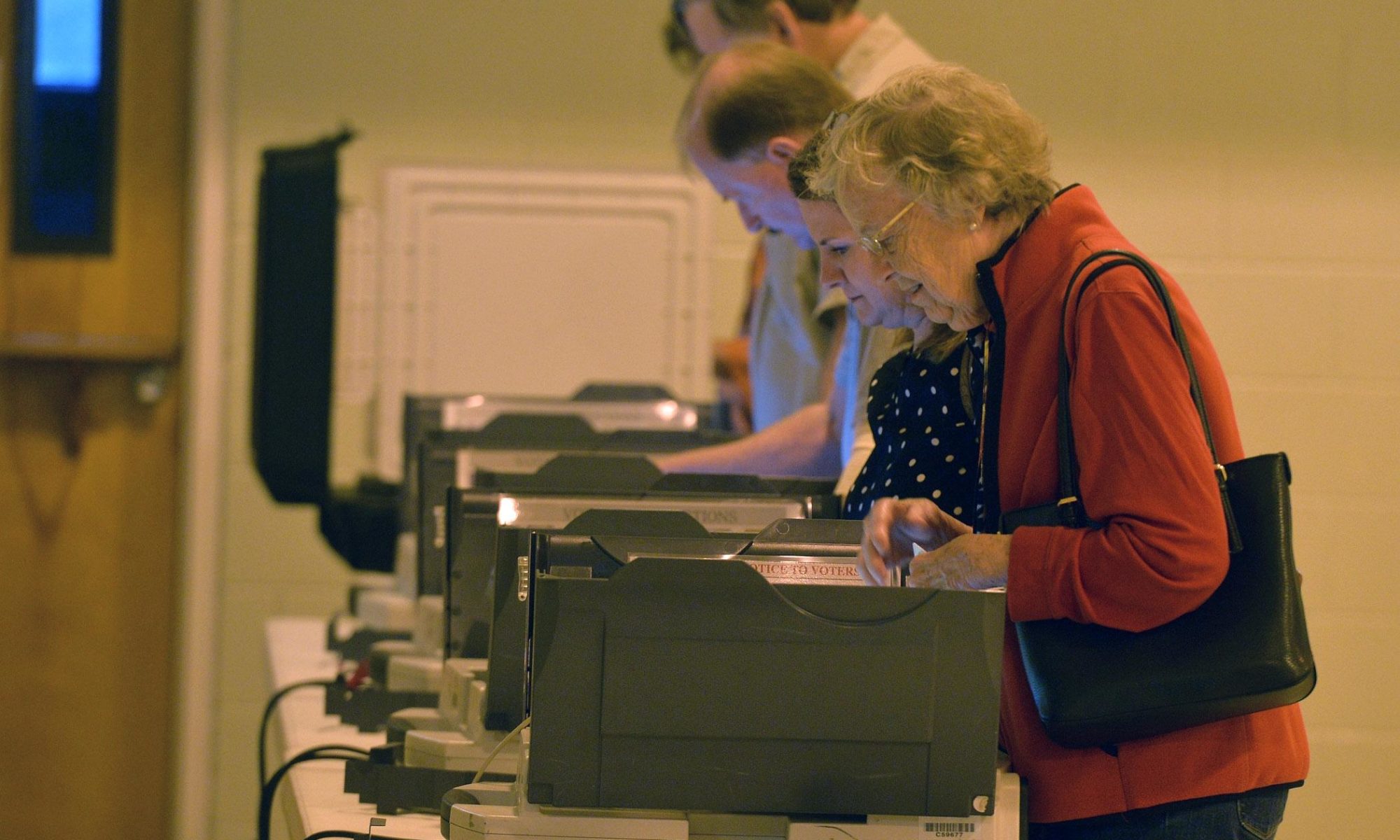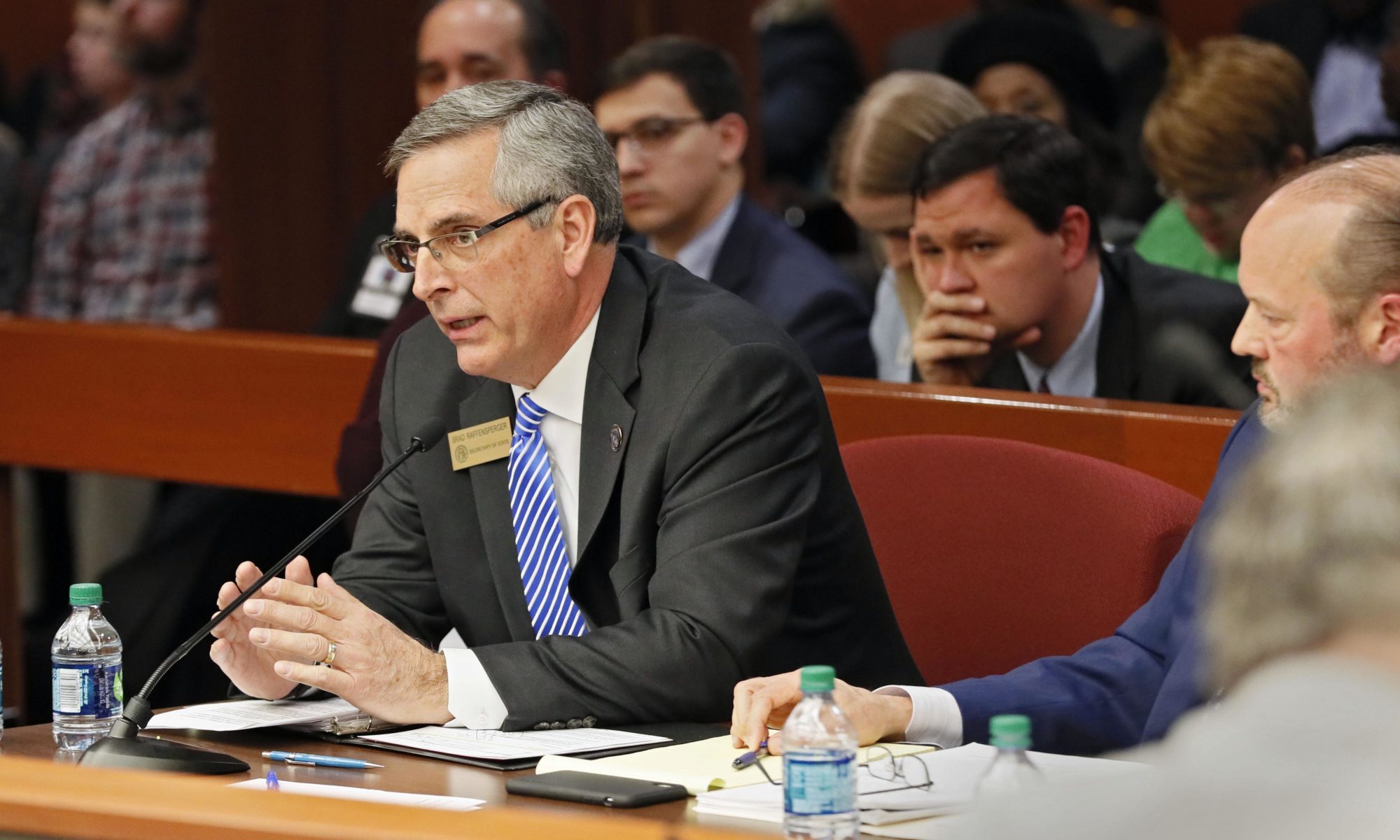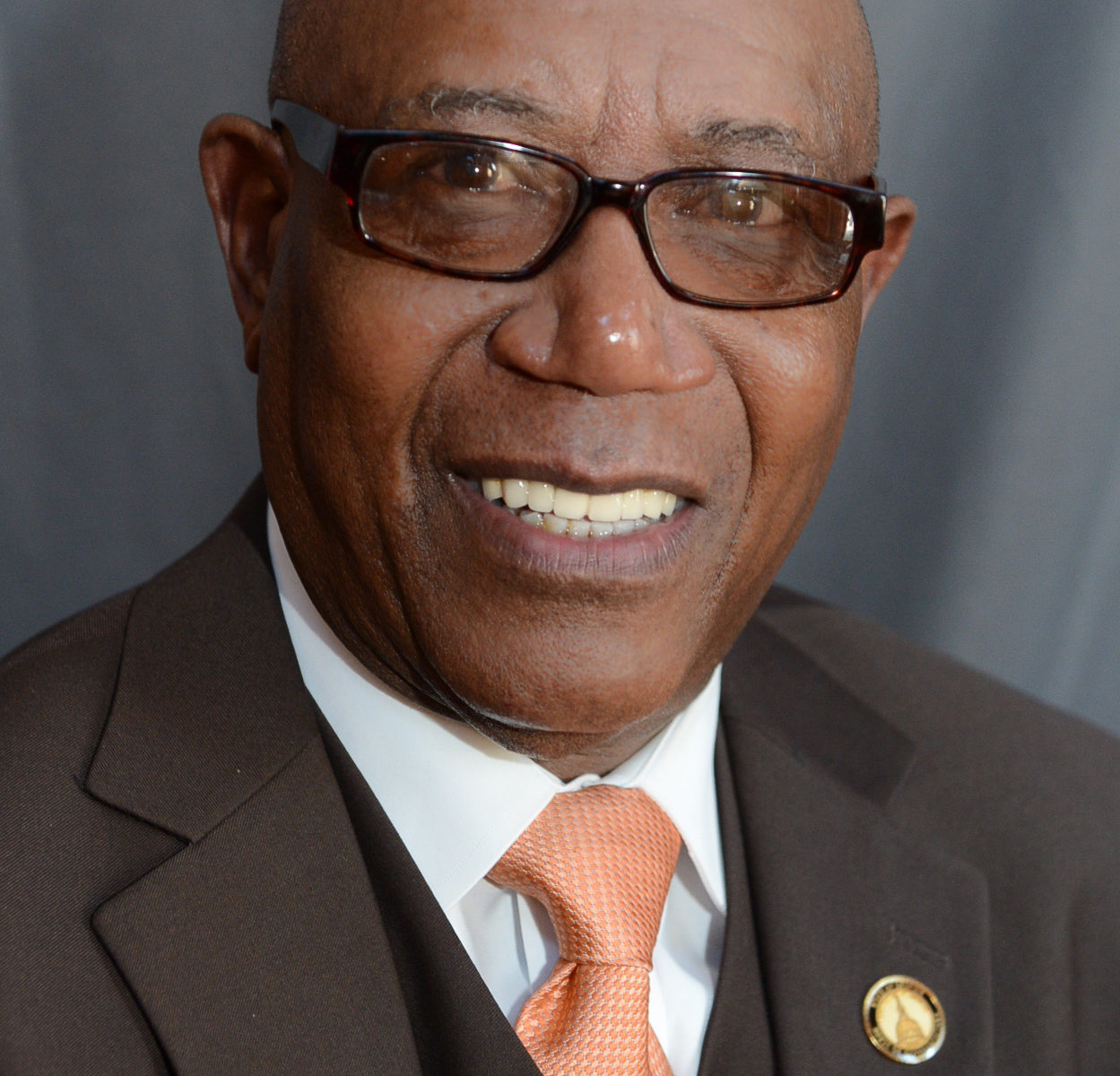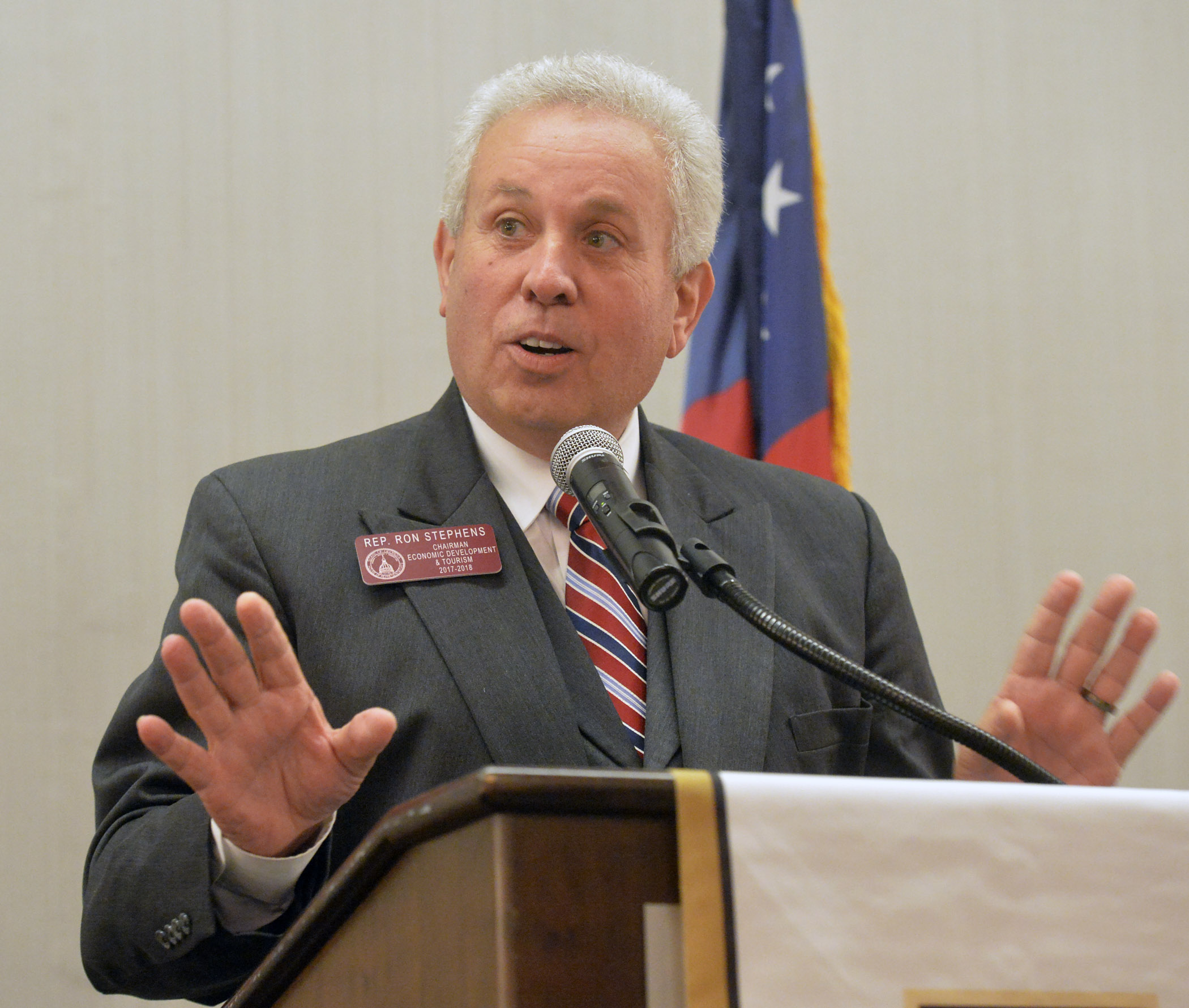Georgia is getting a 21st century voting system designed for ease of use by those born in the 20th century.
Hallelujah.
Voting angst has assailed the state on many fronts in recent years. Polling place changes, voter roll purges, absentee ballots, “exact match” standards — the list of challenges resembled the lengthy ballot voters wrestle with every other November.
The public’s biggest misgiving, though, involved the new voting machines. By a federal judge’s order, the state was tasked with overhauling the method by which every Georgian cast his or her vote. The touchscreen devices in use since 2002 were outdated and deemed a security risk. The state needed to either invest in new machines or go back to paper ballots.
The system decision was to impact every Georgia voter, not just those tripped up by the other aforementioned shortcomings. Once state leaders made clear their preference for a digital option, voter apprehension spiked.
Change makes people uncomfortable. Change involving technology can be downright frightening, particularly for those who didn’t grow up with AI-enhanced smart-everythings.
The beauty of the old machines was in their simplicity: insert a card in a slot, touch the box next to the names you want to vote for, touch the box to cast the ballot at the end, return the card to the poll worker.
If you had the intelligence — and attention span — to bubble in a paper ballot properly, you could work the electronic voting machine. The system was easy on poll workers, too.
Now comes a new machine and a new process. Actually, the next time voters go to the polls, they will be interacting with multiple new machines: a check-in tablet computer, a ballot-marking touch-screen device, and an optical scanner.
What’s more, the first 2020 election is March 24, and of the 33,100 new ballot-marking device-optical scanner combinations, only a few hundred have been rolled out. The Chatham County Elections Board has two on hand currently and doesn’t expect to receive more until late January. Training has been limited.
The situation is enough to give Pollyanna worry wrinkles.
Yet those who have used the new system offer reviews that would make Green Bay Quarterback Aaron Rodgers smile: R-E-L-A-X.
User-friendly tech
The new system is foolproof in every sense of the word.
Two Savannah Morning News staffers, including editorial board member Adam Van Brimmer, demoed the system during a recent conference for local and state elections officials staged at the Savannah Marriott Riverfront.
The sign-in process is now streamlined and fully digital. Voters simply hand their photo identification to a poll worker, who scans the ID into a tablet using the device’s camera. The voter then confirms his or her information with the touch of the tablet’s screen.
Then it’s on to the ballot-marking device, which closely resembles the machines Georgians have used since 2002. It is a touch-screen and presents ballots in a familiar, sequential manner. The so-called BMDs do incorporate some smart features, asking the user for confirmation of selections — or non-selections — during the process.
Once the voter finishes with his or her choices, the machine produces a receipt-like ballot for review. Once selections are confirmed, the voter slides the printout into the scanner.
This is the step in the process where anybody who has used a credit card reader or ATM machine feared a breakdown. Which way does the paper go in? Which side up? Is it going to spit it back out like a slightly wrinkled dollar from a finicky vending machine?
The scanner is designed to read the ballot no matter how it is inserted in the slot. Once inside, a digital scan is logged, officially casting the vote, and the printout drops into a locked box for easy audit later.
That’s it. Time to go collect one of those peachy stickers.
The new system was piloted in a handful of Georgia counties during the November municipal elections. The error rate was 0.164%. A month later, in runoff elections in two of those pilot counties, the machines performed flawlessly, with zero errors.
An engineer by trade, Secretary of State Brad Raffensperger called the results “tremendous.”
So take heart, Georgia voters, and know there’s nothing to fear about navigating the new voting system.
